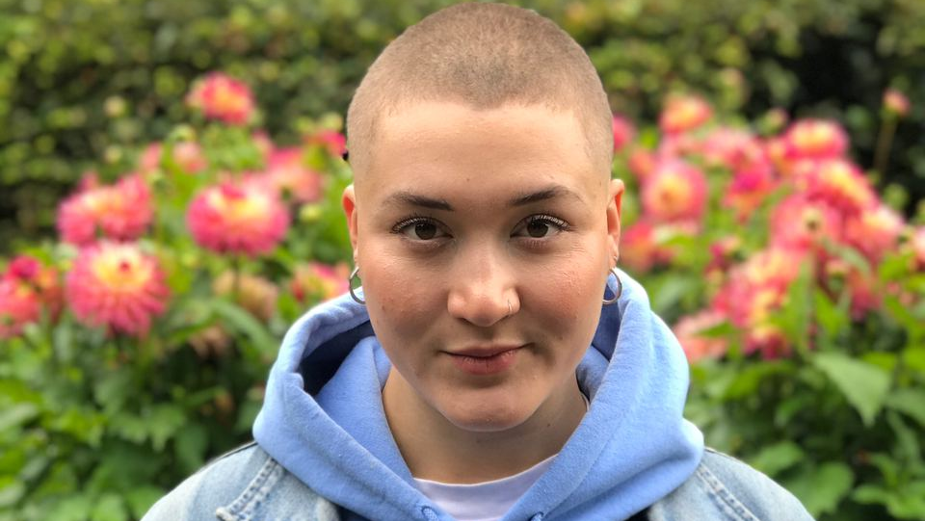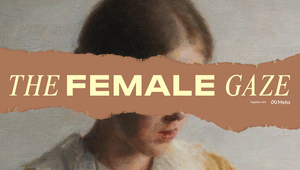
I Bet You Don't Even Like Strong Women

As a young woman in a male-dominated field, I have heard countless men profess their admiration of "strong women". Which sounds nice. Until you realise that they mean a very specific breed of "strong women".
This kind of strong woman has a few traits that show up, at least under the surface, any time they are referenced:
- They can do it all. They're supermom and girlboss in one, juggling keeping their babies and careers alive and themselves in shape with ease.
- They never need help. They are so "strong" that they can handle whatever bullshit the patriarchy throws their way without ever complaining or reaching out for support.
- They're "one of the guys". They flourish in male-dominated spaces and work as living proof that those spaces don't need to change to accommodate women. They're the first to laugh at sexist jokes and down a beer with their colleagues. They're still hot, though.
Basically, the "strong woman" as told by this widespread trope serves as a willing token of feminist achievement that needs nobody's commitment but her own. She relieves the people in power from changing the structures they supervise by simply being there to point to and say: "But see, it can be done!" She doesn't make the problems she faces because of her gender anyone else's problem. And that is just a little too comfortable for my liking.
In my opinion, the "strong woman" is the business world's "cool girl".
She doesn't really exist.
She's an idealised version of femininity in the workspace that, in the end, only serves the (mostly male) people in power. She's a woman that has adopted enough classically "masculine" traits to be accepted by her male peers yet stays "feminine" enough to not be threatening. Basically, she's a feminist, but not an angry one. She's a feminist, but won't expect anyone else to be. She's a feminist, but really, she isn't.
Because being a feminist and being outspoken about it is uncomfortable for men in power. An outspoken, modern, intersectional feminist will not accept being the only woman at the table – especially if, like me, they are cis, white, and privileged as all hell. They will not accept being the one woman in the room people can point to as an example of their progressiveness.
Because women are not suddenly equal because one "strong woman" managed to continue her career after giving birth. The gender pay gap isn't closed because one woman managed to negotiate a halfway decent wage. Gender inequality isn't solved because one woman has power. It is only solved when we all have the chance to.
And that is why the "strong woman" stereotype has got to go. Fitting a certain image of femininity cannot be a requirement to have a career. We have to stop glorifying one idealized kind of woman and start accommodating all of them. We have to recognize the true strengths of women in the workplace.
When I say "I can't do it all by myself", it doesn't make me less of a strong woman. When I ask for help, it doesn't make me less independent. When I refuse to adopt typically "male" characteristics in order to further my career, it does not change how strong of a woman I am.
In fact, it makes me stronger – in an actually human way. It makes me a real person that is interested in bettering her work environment. It makes me responsible – for my own mental health, but also for the better, more effective organisation of my workspace and workload. It makes me a team player – because I want to work with everyone around me on making our team a better place for different people with different perspectives. And we desperately need these different perspectives. Even if we're not used to them because they're different from our own. Even if they're uncomfortable. Especially if they're uncomfortable.
Because if we have different perspectives, I hope that we will be able to see that strong women come in all shapes and sizes. And we will recognize that when we take all the weight of being the stereotypical "strong woman" off their shoulders, these women can actually apply their strengths to their work. And, whether you actually like "strong women" or not – shouldn't that be your main goal?












